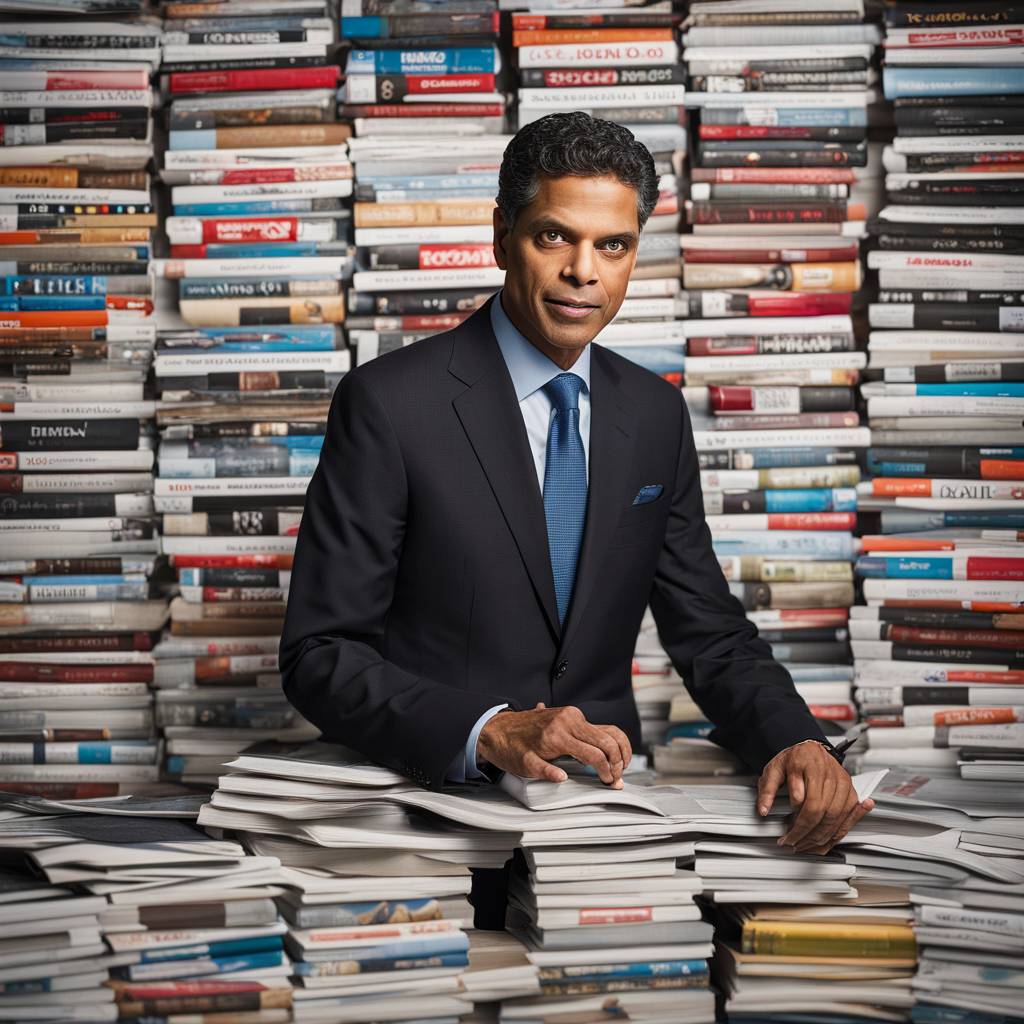In his new book “Age of Revolutions,” Fareed Zakaria examines the current state of politics and culture in the world today. He argues that we are living through one of the biggest cultural backlashes in history, where traditional values are being challenged by rapid technological advancements and socio-economic changes. Zakaria points out that the cultural wars of today are shaping our politics and society in profound ways, impacting everything from our daily lives to global geopolitics.
Zakaria delves into how the rise of social media and the internet has played a significant role in fueling the cultural backlash that we are experiencing. These platforms have provided a space for individuals to express their opinions and beliefs, often leading to polarization and division among different groups. The echo chambers created by social media also contribute to misinformation and the spread of extremist views, further exacerbating the cultural divide in society.
The political landscape is also highly influenced by these cultural wars, with leaders and political parties leveraging these divisions to gain power and influence. Zakaria examines how populism and nationalism have become dominant forces in politics, with leaders like Donald Trump in the United States and Jair Bolsonaro in Brazil appealing to a sense of national identity and cultural preservation. These leaders often use fear and rhetoric to mobilize their base, leading to further polarization and division within societies.
Zakaria also highlights the role of identity politics in shaping the cultural wars of today. Issues of race, gender, and sexual orientation have become central to political discourse, with debates around social justice and equality becoming increasingly contentious. The rise of movements like Black Lives Matter and #MeToo have brought issues of systemic discrimination and sexism to the forefront, sparking intense debates and activism on both sides of the political spectrum.
In “Age of Revolutions,” Zakaria calls for a more nuanced and inclusive approach to navigating the cultural wars that we are currently facing. He argues that understanding the root causes of these conflicts and engaging in civil discourse are essential steps towards finding common ground and moving forward as a society. By embracing diversity and actively listening to different perspectives, Zakaria believes that we can begin to bridge the divide and work towards a more unified and peaceful future.
Overall, Zakaria’s book sheds light on the complexities of the cultural wars that are shaping our world today. By exploring the intersections of technology, politics, and identity, he offers valuable insights into the challenges and opportunities of navigating these turbulent times. Through his analysis, Zakaria encourages readers to reflect on their own beliefs and biases, while also emphasizing the importance of empathy and understanding in building a more inclusive and cohesive society.


